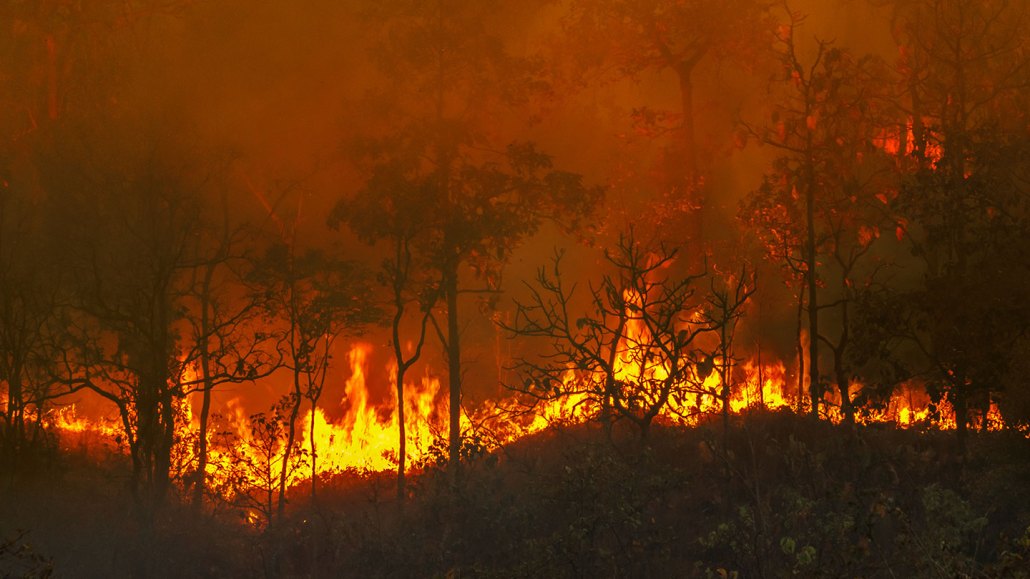Questions for “Can wildfires cool the climate?”

Wildland fires generate intense heat. But plumes of the sooty smoke that they emit can rise to high altitudes. There it can block out much of the sun’s light, causing a ground-level cooling.
Toa55/iStock/Getty Photos